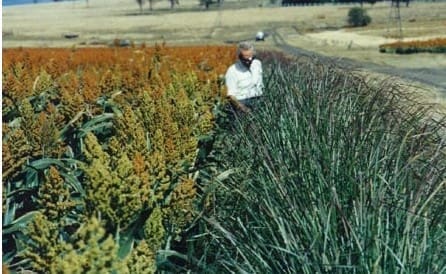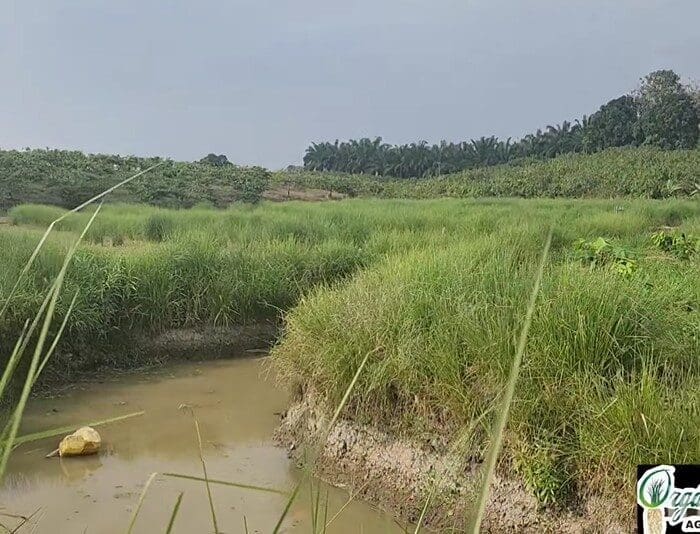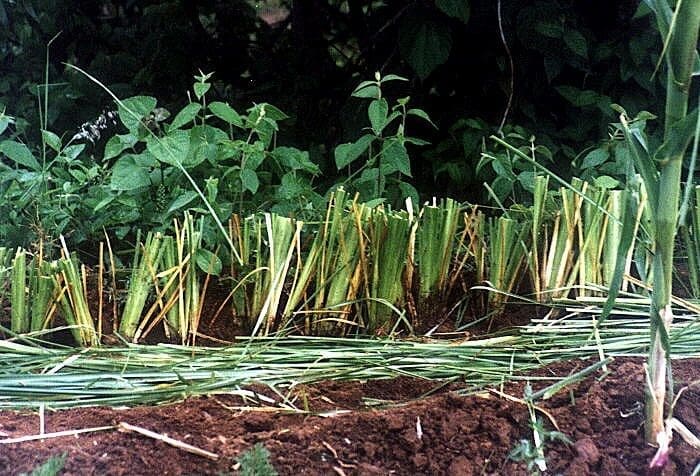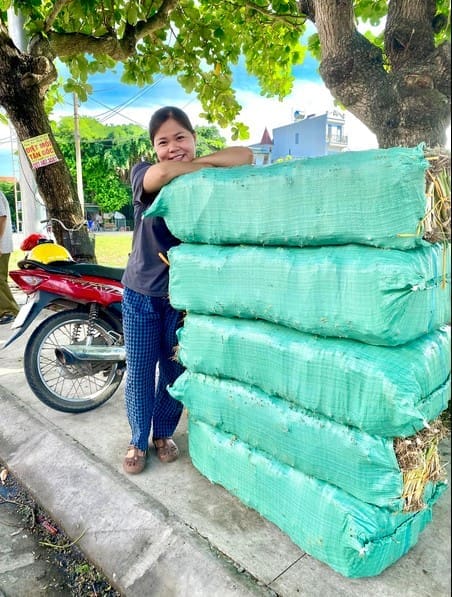Black Cotton Soils (Vertisols) and the Vetiver System
What follows is a reprint of a note by the late John Greenfield on conservation practices for black cotton soils (vertisols) – It should be an interest too many of you.
I was faced with the problems of managing black cotton soils in the early 50s in Australia while working with the Soil Conservation Service. Overnight, a heavy storm had wiped out a large area of a farmers wheat crop and fence line leaving gullies several meters deep.… Read the rest “Black Cotton Soils (Vertisols) and the Vetiver System”




